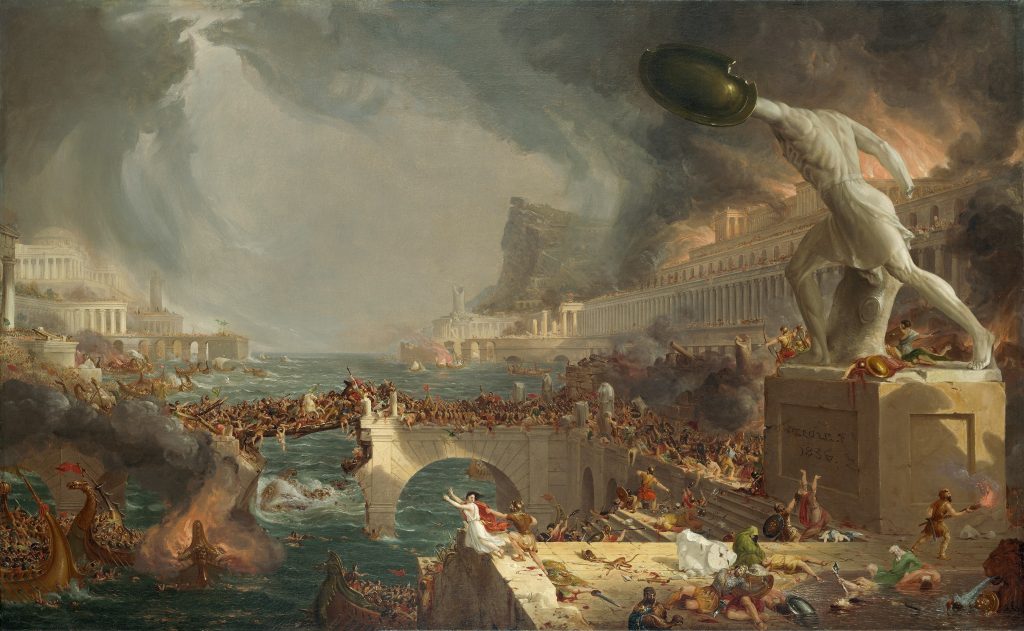AI is expected to have a transformational impact on the future of geopolitics, defense, and security. The emerging geopolitical and security context influencing the future of AI technology development has been driven by the erosion of traditional geopolitical frameworks, increased conflict between liberalism and authoritarianism, the pervasiveness of social media use and 4IR-driven digitization of industries, as well as the ability of more actors to affect strategic and operational environments. However, the future of AI will depend on the decisions of great power competitors—the US, China and Russia—global trends development, and the management of uncertainties associated with emerging technologies. In this fluctuating environment, where the US is engaged in a high-stakes competition with is near-peer adversaries, and AI is enabling paradigm-shifting changes in public and private sector operations, how should the US respond?
In this new Atlantic Council Strategy Paper, A Candle in the Dark: US National Security Strategy for Artificial Intelligence, Tate Nurkin and Stephen Rodriguez provide an integrated strategy to respond to this key issue. According to Former US Secretary of Defense Dr. Ashton B. Carter, author of the foreword, this paper “effectively articulates the current technological landscape and offers a coherent strategic framework for the United States and its allies to harness AI’s upside potential, while mitigating downside risks and defending against emerging threats.” In a world full of uncertainties, this paper provides a holistic way forward for the US to leverage the full potential of AI while maintaining America’s technological competitiveness.
